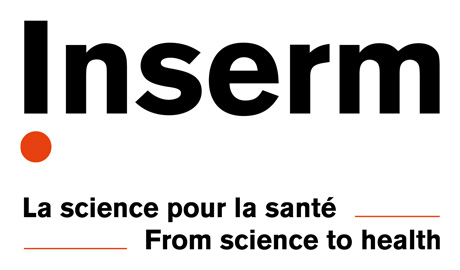Texte de l'offre | Project :
The successful applicant will acquire neuronal recordings and behavioural data to reveal the circuits and processes underlying affective touch and how this representation is used to guide social behaviours. The applicant will have access to a large list of mouse lines to manipulate sensory neurons as well as a fiberphotometry and multielectrode electrophysiology setup for freely moving or head-fixed neuronal recordings. Subsequent behavioural manipulation of the recorded circuits is also planned to identify the key elements modulating social behaviour.
Activity
- Stereotaxic brain injections
- Ex vivo / in vivo electrophysiological recordings and analysis
- Social/sensory behaviour paradigm development
- Supporting and assisting other lab member's project on a collaborative basis.
- Teaching students
- Mouse line management
- Data presentation
- Writing publication
Skills :
Essential:
-To hold PhD in Neuroscience, or a related field or in the final stages of PhD submission
-Experience with work on rodents and in vivo approaches
-To have a track record of writing papers as evidenced by pre-prints or publications.
-Evidence of data presentation at scientific meetings
Strong written and oral communication skills, with the ability to present complex information effectively
Desirable:
-Competence in electrophysiology (Ex vivo or in vivo) or in vivo imaging.
-Competence in programming languages (MATLAB, Python, other)
-Experience in analysis of multi-dimensional and multi-scale data e.g. neuronal recordings (calcium imaging or extracellular electrophysiological recordings).
-Experience in the study of in sensory system processing
-Experience in behavioral neuroscience
The team :
The "Affective Touch" team is working on the neural processes that allow tactile stimulation to be perceived as pleasant and at the origin of prosocial behaviour, in naive and pathological conditions. Current research is focused on circuitry in cortical and subcortical regions, such as the insular cortex and the PAG. Research techniques used in the laboratory include in vivo and ex vivo electrophysiological recording combined with fiberphotometry to record neuronal activity, optogenetics, chemogenetics and viral engineering for in vitro circuit mapping and in vivo behavioural manipulation, as well as machine learning and computer vision for behavioural analysis.
The team is in close collaboration with the team "Cellular dynamics of calcium channels and nociception" with which we share, in addition to certain themes, premises, equipment and researchers.
The project is funded by multiple agency including the Fondation Bettencourt-Schueller, FRC and Era-NET program.
The team is part of the Institute of Functional Genomics in Montpellier, an internationally recognized institute for the study of GPCRs and ion channels. The institute is located in the beautiful city of Montpellier, south of France, near the Mediterranean Sea.
|





